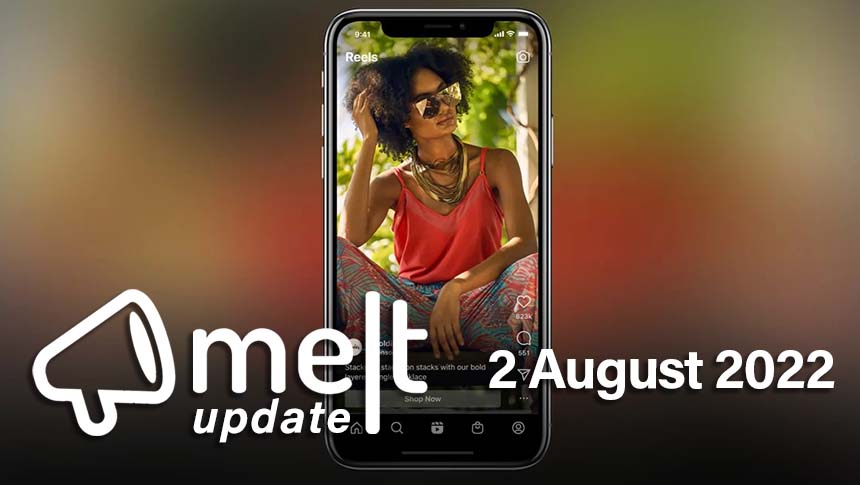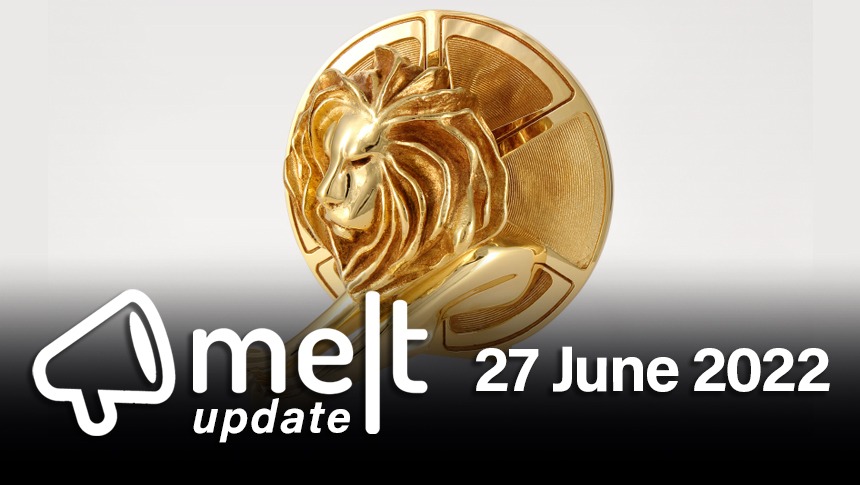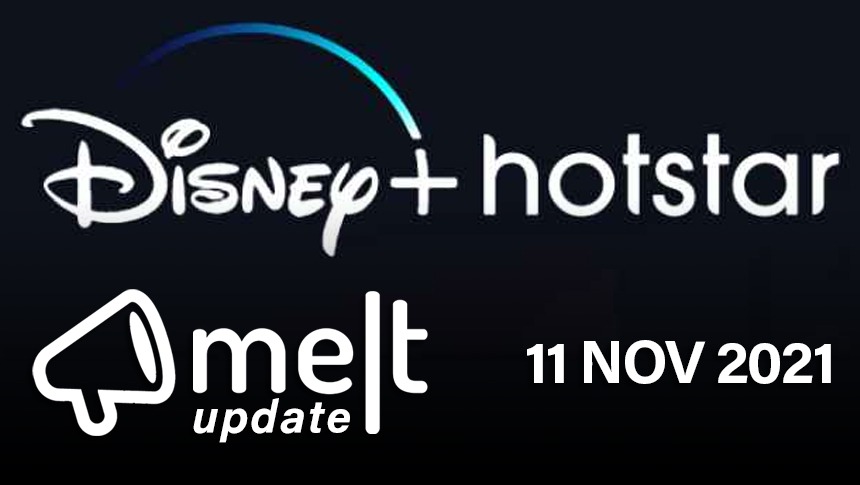Last Saturday, I was in Gurugram interviewing Deepinder Goyal, founder-CEO of Zomato for MELT. It’s a terrific interview and will air on MELT on WION News next weekend.
One of the questions that I asked Deepinder was about the Standard Operating Procedure defined for his social media team. Deepinder made it clear that there was none. All he did was to insist that his team stick to the truth and do the right thing.
That’s why his reaction to the provocation by a disgruntled customer yesterday did not surprise me at all.
He kept it simple. He did the right thing.
Exactly a month ago, I wrote a piece about the current trend of brands trying to create ‘movements’, marketing ‘causes’ and the often resultant ‘woke washing’. “This rush to woke-wash is provoked by the simple fact that fewer consumers want to, er, consume advertising; this causes strategic planners and creative to look for ways to create ads that are not ads ”.
As a result, we see a zillion advertising agencies saying that they are no longer in the business of creating advertising, but creating acts.
The problem is that the consumer needs to see it that way as well.
When Nike used Colin Kapernick after his famous protest made the statement, “I am not going to stand up to show pride in a flag for a country that oppresses black people and people of colour. To me this is bigger than football and it would be selfish on my part to look the other way. There are bodies in the street and people getting paid leave and getting away with murder,” and hijacked the social and cultural reactions by a campaign that said, “Believe in something. Even if it means sacrificing everything,” the consumer (according to sales results) found that Nike’s campaign was more of an act than an ad, and sales figures shot up,” I had written.
David Ogilvy famously said, the customer’s not a moron, she’s your wife.
Sometimes, however, you don’t want your customer to be your wife – because the customer is more like a moron.
When Deepinder Goyal, founder of Zomato, was challenged by a difficult customer in the context of a service experience, he had to move from the singular customer to the plural, multitude of customers.
This is how News18 describes the beginning of the problem. “When you order food through a delivery app, what is the first thing you take note of? As for me, I usually anxiously wait for the delivery guy to pick my food up and the time it’ll take for him to deliver. However, for one Twitter user, the delivery guy’s religion is top priority. In a tweet, the man whose Twitter handle reads “@NaMo_Sarkaar” said that a “non-Hindu” delivery guy had been assigned to him. When he contacted Zomato for help, they apparently refused to change the delivery executive and also informed him that his money would not be refunded in case he cancelled the order. The user, clearly furious, then took to Twitter how annoyed he was. He also shared tweets attaching screenshots of his order.
“Just cancelled an order on @ZomatoIN they allocated a non hindu rider for my food they said they can’t change rider and can’t refund on cancellation I said you can’t force me to take a delivery I don’t want don’t refund just cancel.”
(Incidentally, the protagonist, @NaMo_Sarkaar, has shut down his twitter account a few hours ago).
When the tweet first appeared, Zomato founder Deepinder Goyal noticed it – and reacted instantly. “We are proud of the idea of India – and the diversity of our esteemed customers and partners. We aren’t sorry to lose any business that comes in the way of our values,” he tweeted.
In minutes, the exchange between Zomato, the customer and Deepinder Goyal sent twitter on fire, with some supportive of the Zomato/Goyal reaction and some supportive of the customer’s stand.
As the day wore on, it was clear that the larger universe were in Zomato’s corner, with the customer looking alone and forlorn.
Last night, all the programs on all the channels discussing the Zomato news were clearly in admiration of Zomato — and disgusted with the customer.
This morning, a cursory glance at the headlines in the newspapers shows that the trend continues unabated.
Zomato has, if one should use so frivolous a word in the context, won.
It couldn’t have been an easy day for Deepinder Goyal yesterday.
Consider the various dilemmas that he had to face.
First, when he saw the tweet: Ignore the tweet or react? Ignoring was the seemingly easier route.
He took the harder route.
Second: Pacify the customer and change the delivery executive or back his own principles? Pacification was the seemingly easier route.
He took the harder route.
Next: Make a refund or insist that there was no failure by Zomato? The refund was the seemingly easier route.
He took the harder route.
During the interview, I spoke to Deepinder about the challenges of managing short-termism vs long-termism.
The problem he faced would have resulted in most taking the easier, short term options. He took the tougher ones.
Decisions that will result in invaluable benefits to the long-term health and prosperity of the brand.



